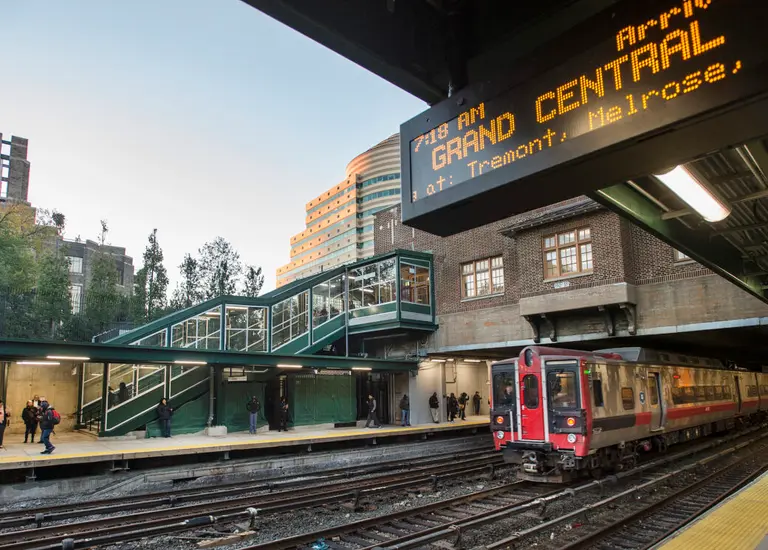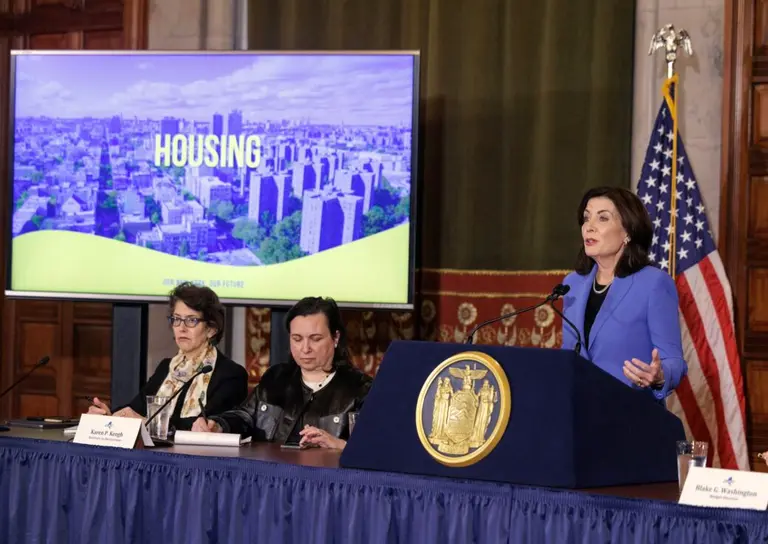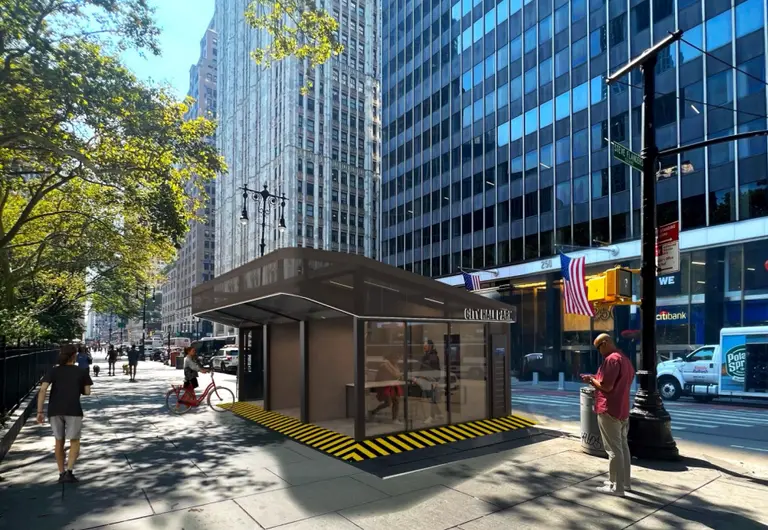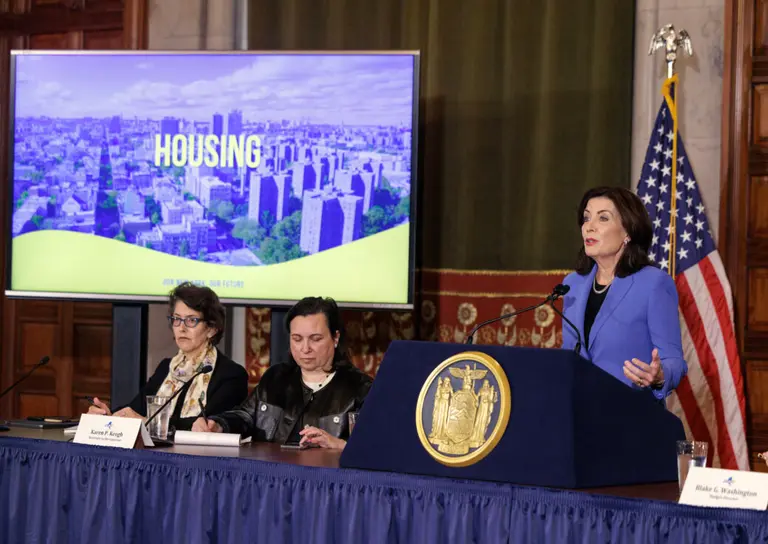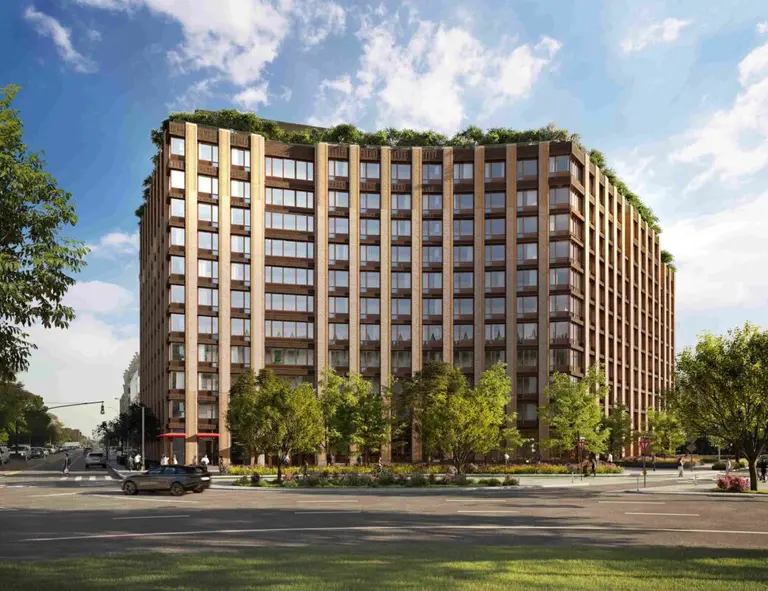Cuomo wants to revive 421-a program with wage subsidies
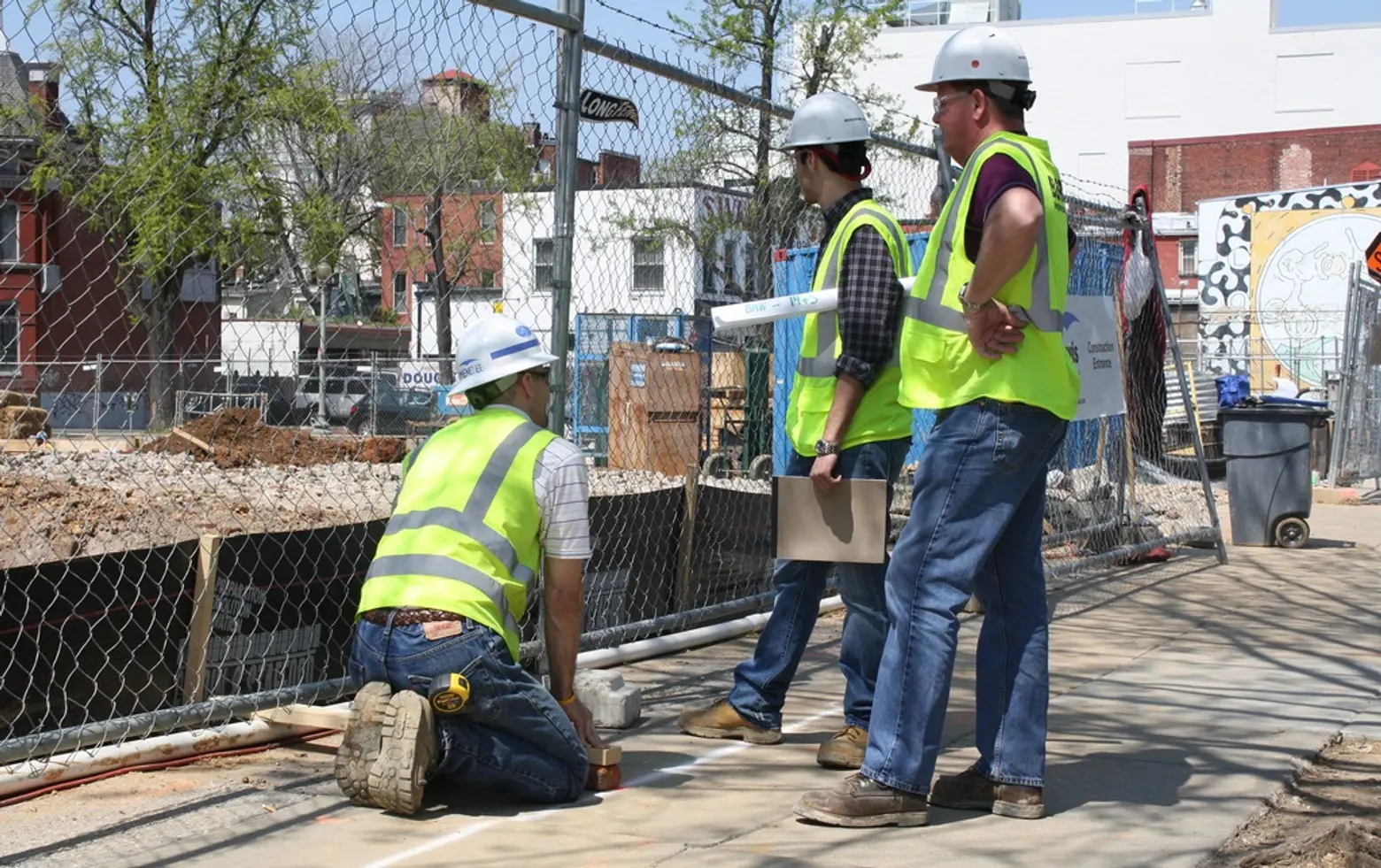
One of the biggest snags in Mayor de Blasio’s ambitious affordable housing plan (to add/preserve 200,000 such units over the next decade) has been his contention with Governor Cuomo over the city’s 421-a program, which provides tax breaks for up to 25 years to new residential buildings that reserve at least 20 percent of units as affordable. The program expired in January, fueling concerns that permits for new rental units would drop as developers face skyrocketing land prices and be replaced with even more luxury condos.
Now, after months of uncertainty, the Times reports that the Governor “has offered developers and union officials a wage subsidy for construction workers in the hopes of reviving [421-a].” His proposal was sent out as a single-page memo to residential developers on Tuesday night, presumably unbeknownst to de Blasio. Though it doesn’t require union work force or prevailing wages, it does set a $65/hour minimum for projects south of 96th Street in Manhattan with 300 or more units and a $50/hour minimum for those of the same size along the Brooklyn and Queens waterfronts, $15 of which will be paid for by the state. These projects will be required to set aside 25 to 30 percent of units as below-market rate rentals.
Likely fueling the icy relationship between the Governor and the Mayor, the Times reports that the new proposal “emerged from secret talks over the past two weeks among Bill J. Mulrow, the governor’s secretary; John H. Banks, president of the Real Estate Board of New York, widely known as Rebny; and Gary LaBarbera, president of the Building and Construction Trades Council.”
It isn’t clear how the subsidies will be financed or how the program will be managed, but it could very likely cost tens of millions of dollars. In 2014, for example, $1.06 billion in forgiven taxes resulted from 150,000 apartments built through 421-a. But it’s now up in the air whether or not REBNY will agree to the plan. The group cited concerns that by paying union-level wages, construction costs would rise by up to 30 percent.
[Via NYT]
RELATED:
